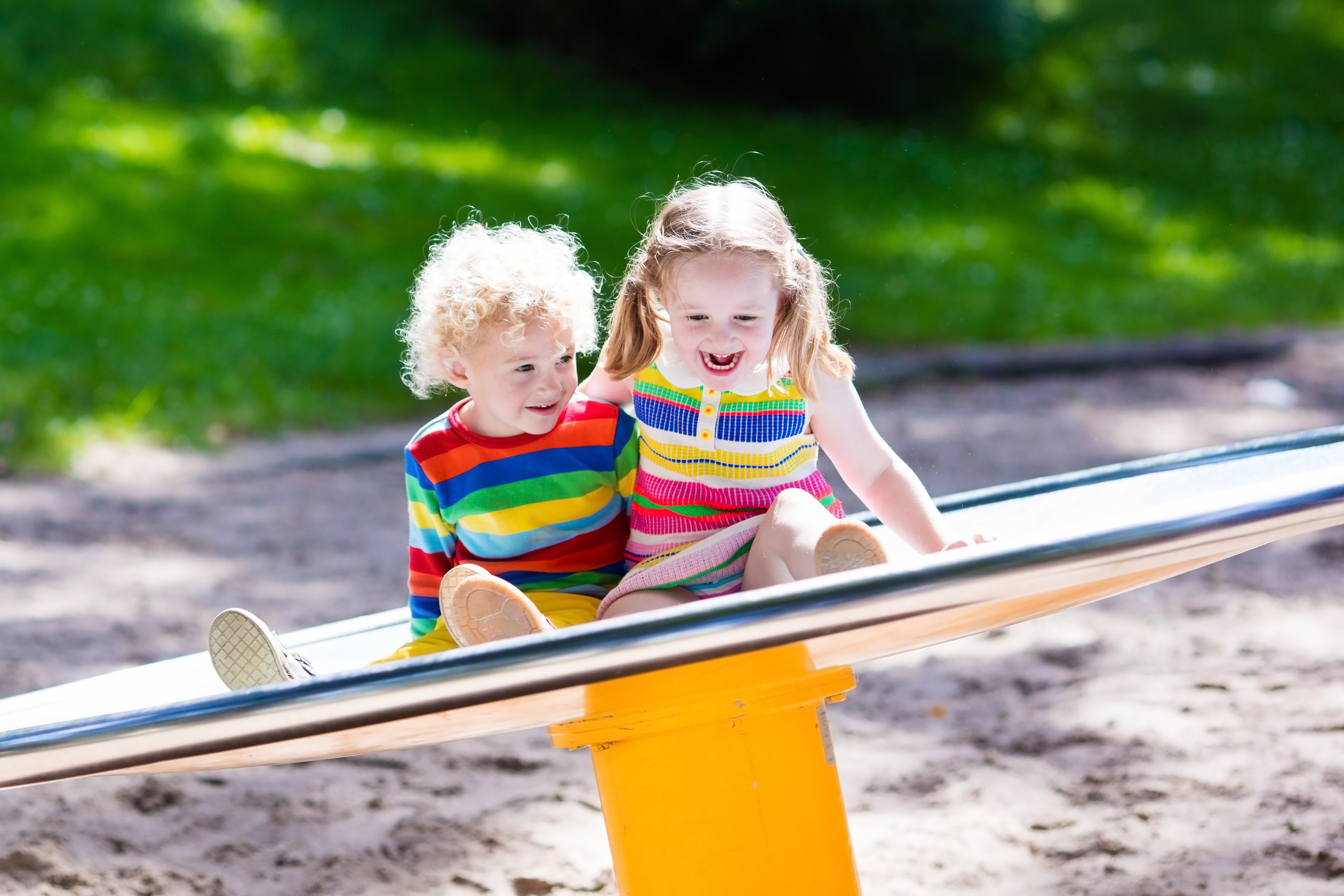Choosing between an academic and a play-based preschool for your child is, for some parents, simple. But for many others this decision is impossibly hard. Here’s what research has to say about these contrasting philosophies.
Every parent will weigh up the various factors that make up a child’s preschool experience differently. For some parents, ensuring that their child has the capacity to make their own decisions in the classroom (rather than be part of a teacher-directed one) is highly important. For others, having music and art as a part of their child’s creative growth is a vital part of the preschool programme. For others still, preschool is all about making sure their child will go into their first year of school with the alphabet learnt and times tables firmly in stow. While, generally speaking, preschools strive to encompass aspects of all of the above, they differ in the focus of their approach (some are more “academic” while others are more “play-based”). With different parents swearing by each philosophy, it can be hard to know which approach is actually best for your child. Will attending a play-based preschool come at the cost of my child’s future academic growth? Or are academic preschools just too much too soon? The following research may serve to provide some much-needed clarity on this issue.
Play-Based Preschools
It is hard to be led astray as parents by “letting kids be kids”. Play-based preschools remain a popular choice among many for this very reason – it is more child-centred than its academic counterpart. Many parents who decide on a play-based programme for their child do so become of the autonomy that children are given to choose which activities they wish to do based on their current interests – an environment not present in academic preschools. Instead, teachers teach skills through theme based activities and adding theme based props to the classroom, which is usually set up in sections (kitchen area, play house, reading nook, sensory table, block area, sand and water table, etc.). And while there is often some incorporation of academic skills, the main focus at play-based preschools is for children to develop social skills since teachers there work to facilitate learning (via modelling), rather than directing it (via instruction). The idea that your child may not learn basic skills in formal literacy and numeracy until the age of, perhaps, five or six is an issue that puts many parents off play-based preschools; however, it should be noted that many European countries don’t begin such academic lessons until this age, believing that play is the context in which children can most optimally learn, and developing good social skills sets your child up for a more happy and healthy life. Don’t worry about academic skills at such an early age, say researchers, for kids from play-based preschools more often than not catch up academically with relative ease – this is not necessarily as straight-forward vice versa due to many of the negative impacts that academic pressure can put on a young preschooler’s psyche.

Academic Preschools
Really quite different from their play-based counterpart, an academic preschool is just what it says on the tin: academic. While many parents crave this early exposure to academics for their child – learning basic skills in reading and counting, for instance – child development experts suggest that this often comes at the expense of a child’s social skills. More importantly than this, however, is that pushing a child too much academically at such a young age can not only cause him/her to lose interest and motivation in learning, but often become more anxious as they grow older. Further to this, studies have shown that children who attend academic-based preschools tend to become more rebellious as they grow older than children who attend play-based preschools. Naturally, there are always exceptions to this, and many parents have found advantages to academic preschools that they deem overweigh those of play-based ones, including that having a structured day can help to calm down the energy levels of hyperactive children. Many also believe that since children learn things quickly, it is important to allow them to absorb as much knowledge as possible before they grow up. This argument is, however, rather weak when the strong ability of young people in their mid-20s to learn and retain new information is considered; why then, does a child need to start academics at the age of two or three?

Copyright: Milica Nistoran
So What’s The Verdict?
Ultimately, the decision is all yours. You might also consider the personality of your child and the environment in which you trust he/she would thrive in. But do take the work of researchers into account; if you are not 100% certain about which philosophy to follow, researchers’ advice is to choose a play-based preschool for your child. You won’t regret it.












